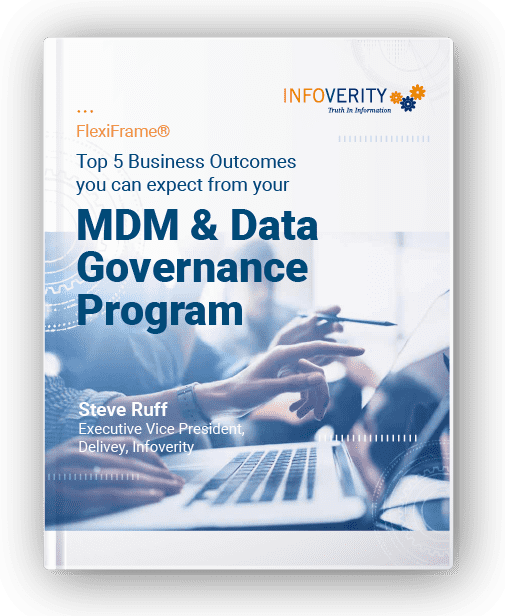Contact
USA Headquarters
614-310-1709
5131 Post Road, Suite 220
Dublin, Ohio 43017
EMEA Headquarters
+34 963 313 974
Avenida Cortes Valencianas,
58 OF 803
46015 Valencia, Spain
DACH Region Office
Willy-Brandt-Platz 2
12529 Berlin (Schönefeld)
Germany


